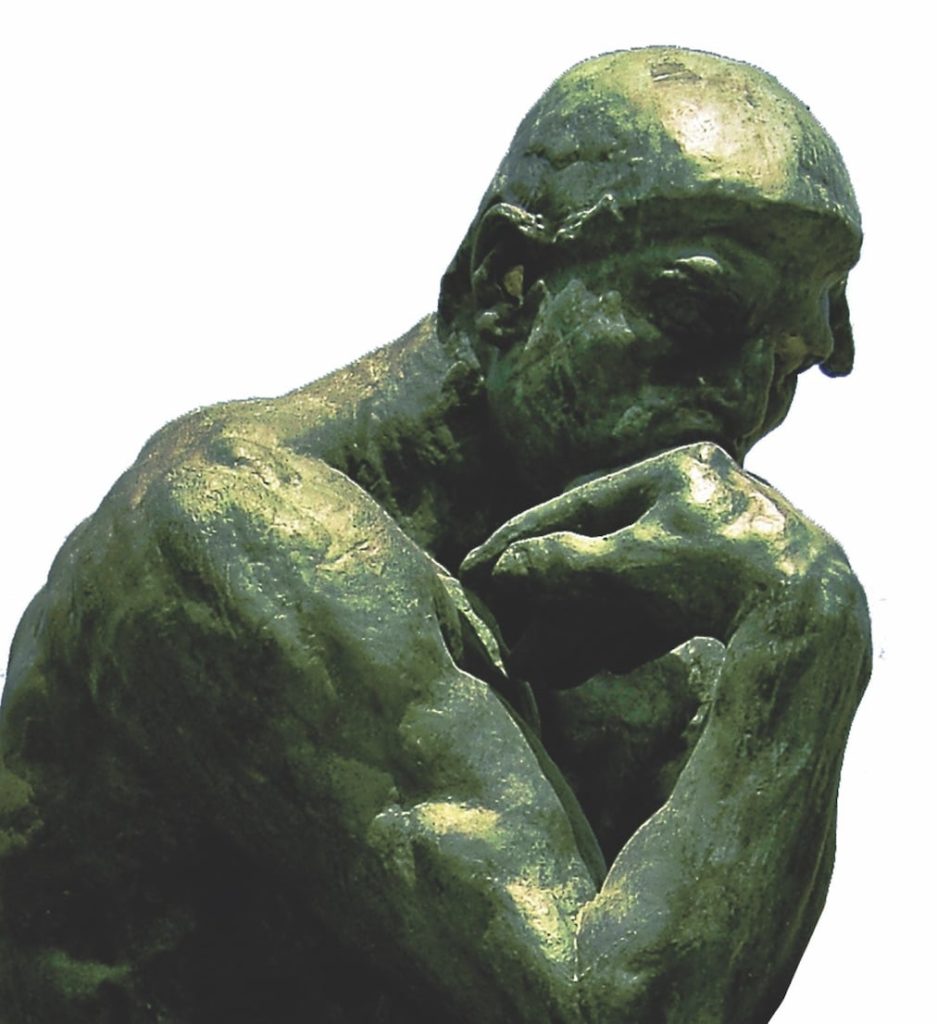
In their adage “Mens sana in corpore sano”, ( a healthy mind in a healthy body) the ancient Romans expressed the importance of achieving both mental and physical strength. It was this commitment to excellence that helped the Romans build an empire that ruled the world for 500 years.
The Romans had inherited much of their respect for mental and physical excellence from the ancient Greeks who had created the Olympics in 776 BC. and who had developed the axiomatic approach to mathematics and philosophy in the centuries that followed. Both civilizations recognized the importance of the “mind-body” experience and the fact the mind requires a healthy body to operate at top efficiency and that the body relies on mental acuity to achieve optimal performance.
Today, science has revealed the importance of the mind in athletic achievement. In Empowerment, psychologist Gene Landrum notes that the greatest athletes have exceptional physical skills, but argues that it’s their emotional and mental dispositions that catapult them from exceptional to eminent status:
The truly eminent have physical skills that locate them on the right tail of the normal curve, but emotional and mental dispositions are the factors that combine to move the eminent to the extreme right tail of a Lotka curve, way ahead of the pack.
A growing body of research studies are revealing that regular physical activity is associated with improvement in cognitive executive functions, including problem-solving, multi-tasking and planning. For example, an article by Liu, Patrick et al. titled Exercise-Mediated Neurogenesis in the Hippocampus via BDNF (Frontiers in Neuroscience, Volume 12 – 2018) asserts:
It has been shown that—contrary to the age-old notion that the number of neurons in the brain remains static after prenatal and neonatal development—new neurons can be generated in the adult brain via a process known as neurogenesis, which can attenuate the deleterious effects of neurodegeneration. This phenomenon has been linked to exercise, with a significant portion of subsequent neural growth occurring in the dentate gyrus of the hippocampus.
This is only one of many reviews in research that report on the positive effects of exercise on cognitive function. The brain is a mechanism that requires a variety of chemicals for its operation and some of these chemicals are released during exercise. Athletes speak of the “endorphin rush” that comes from demanding physical exercise. This is the release of the hormones that create a sense of euphoria and well-being, stimulated by vigorous physical effort. The endorphin rush is one example of the role of exercise in transporting a variety of hormones to the brain, as well as much needed oxygen and glucose–the brain’s fuel.
It is no coincidence that our fluid intelligence, involving short-term memory, the capacity for abstraction and problem-solving ability, is at its peak in early adulthood when our physicality is also near its peak. As the brilliant Nobel laureate, Paul Dirac, once lamented:
Age is, of course, a fever chill
That every physicist must fear.
He’s better dead than living still,
When once he’s past his thirtieth year.
While aging is inevitable, it is through exercise that we can stimulate neural regeneration and slow the aging of the brain. The importance of the mind-body connection may prompt modern civilization to adopt as its mantra, Mens sana in corpore sano.
